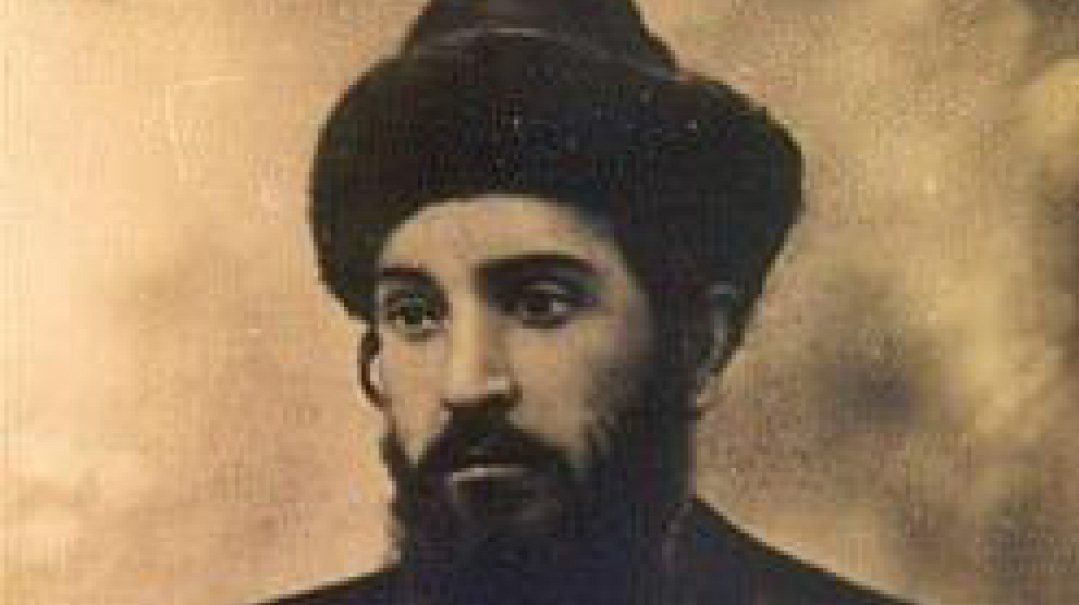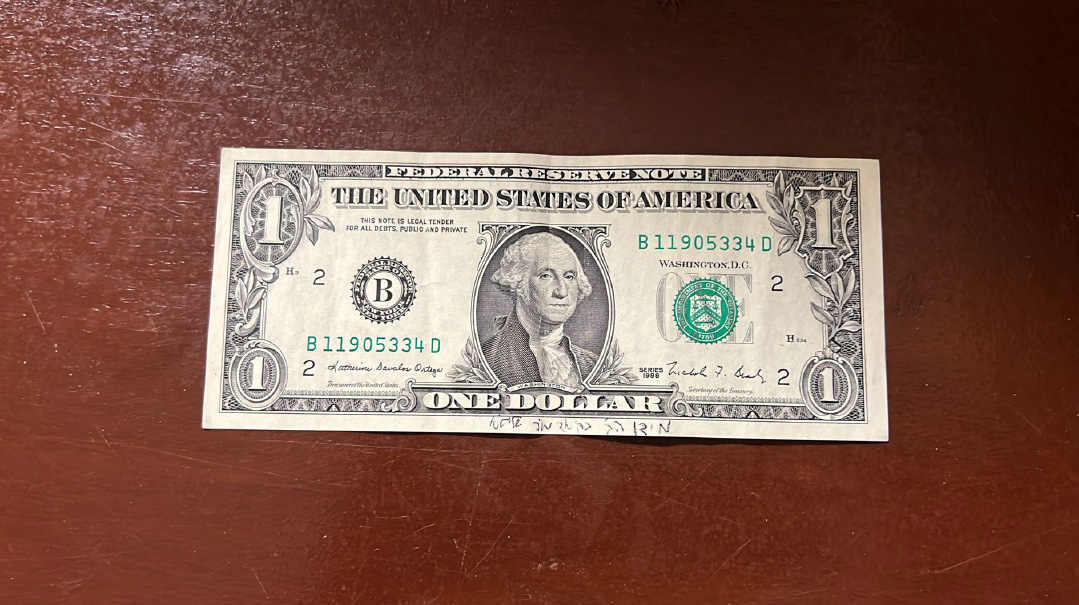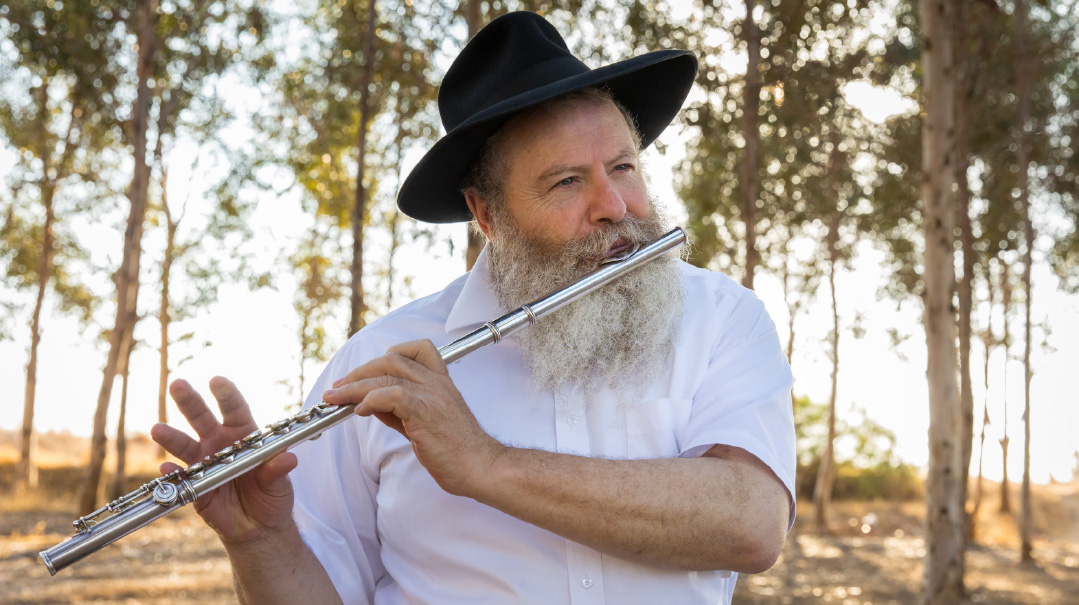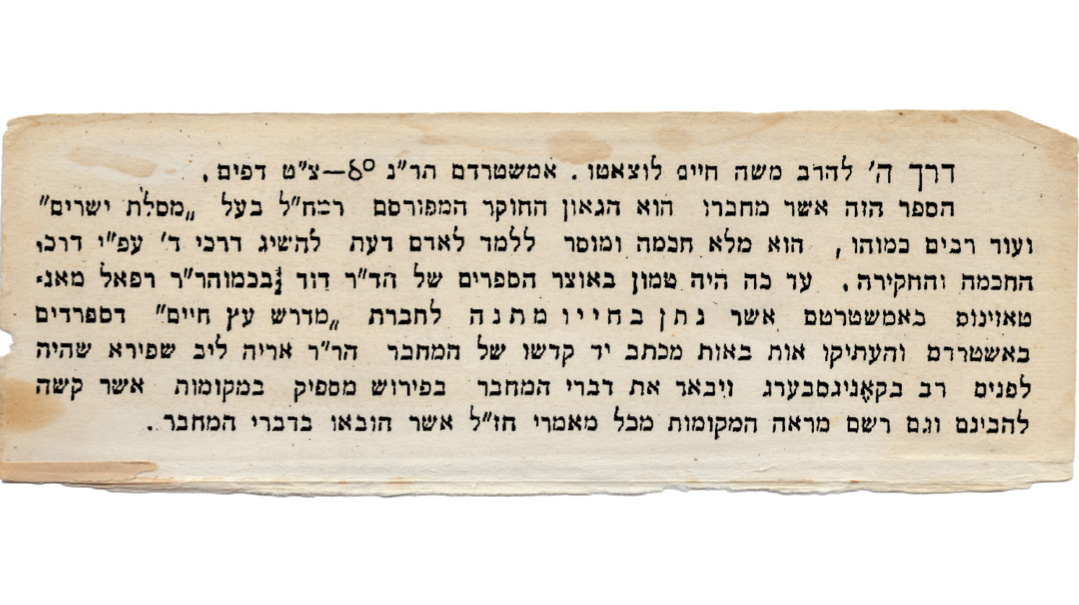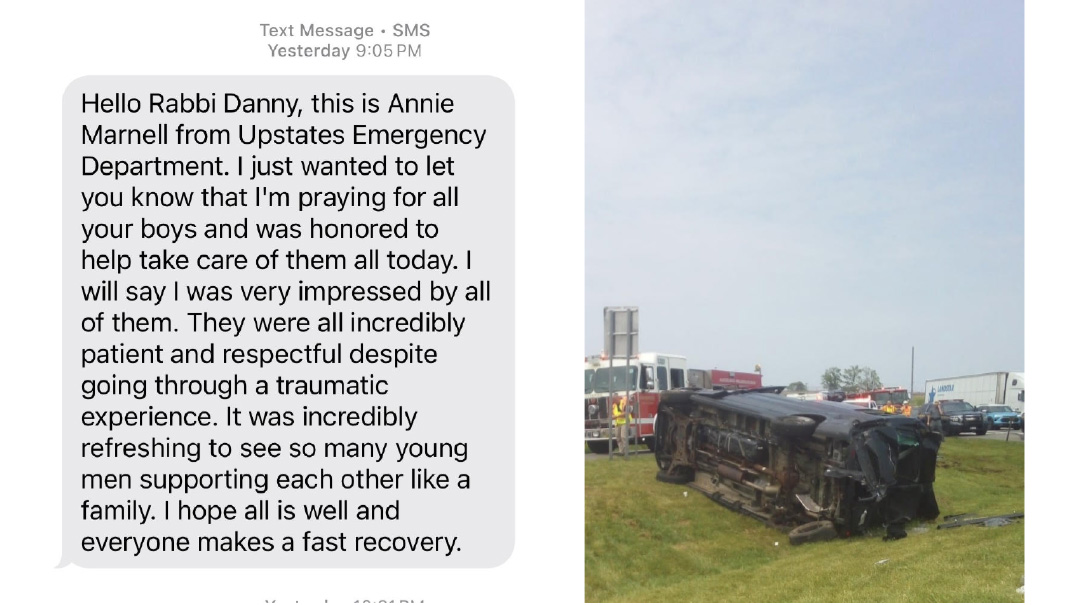Living Higher: Issue 928
| September 13, 2022A timely reminder of how our mitzvos and maasim tovim can affect Heavenly decrees
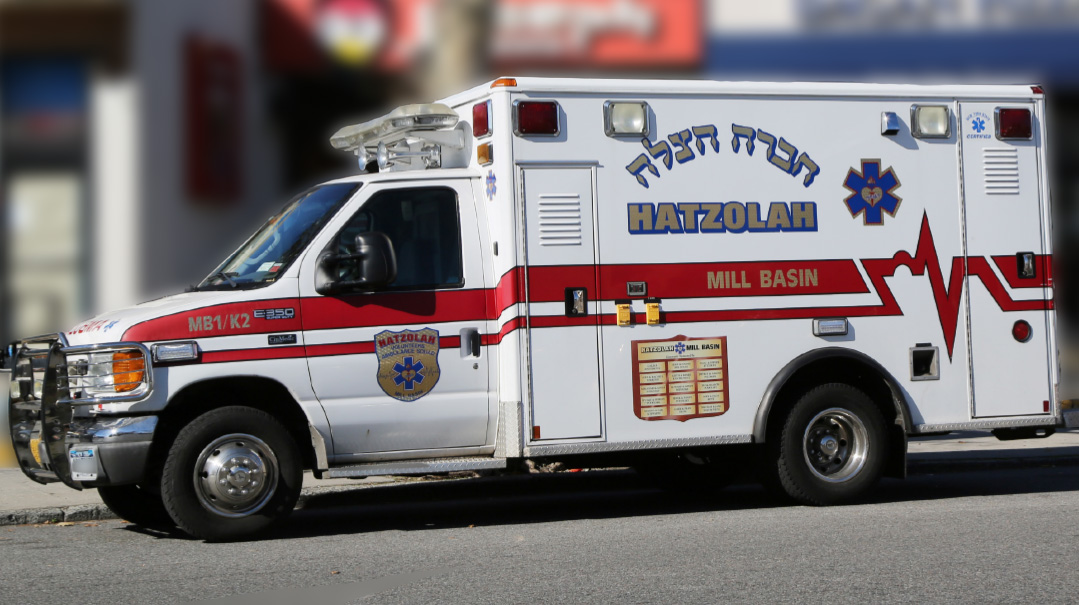
R
av Nosson Weissman, the longtime mashgiach of Yeshiva Gedola of Passaic, is a living example of the mussar ideals he imparts to talmidim. Just before Rosh Chodesh Elul, his son, who lives in Detroit, announced the birth of a baby girl and told his parents that they’d probably make the kiddush in a few weeks.
Rav Weissman called his son to ask a favor: Could they make the kiddush that week, rather than wait? He explained that as much as he wanted to partake in the simchah, he tried to avoid traveling during Elul zeman as an extra precaution to ensure he could focus on the upcoming Yemei Hadin. His son happily acquiesced, and a grateful Rav Weissman arrived on Thursday afternoon to participate in the simchah.
When his son mentioned that they were planning to make an early Shabbos, the Mashgiach asked to daven later, at the more optimal time. While the only shul davening later was quite a distance away, again, Rav Weissman’s son was more than happy to accommodate his father, and together, they set out for shul.
As they walked, Rav Weissman began feeling chest pain that got progressively worse. When they arrived in shul, he suffered a cardiac arrest and collapsed. Hatzolah was summoned, and they immediately rushed him to a nearby hospital.
The doctor who examined Rav Weissman told him that his artery was completely blocked, and the heart attack could have been, in his words, “a disaster.” He explained to his patient that while the fact that he was walking probably accelerated the attack, it was, in a sense, also his saving grace. The doctor explained to Rav Weissman that the walk had caused his heart to beat faster, which forced the blood to circulate more freely during those pivotal moments. That extra movement provided a little additional time that allowed Rav Weissman to receive treatment in time.
B’chasdei Hashem, Rav Weissman fully recovered. Afterward, he remarked that the maxim of “shluchei mitzvah einan nizakin” — loosely translated to mean that no harm can befall one while engaged in a mitzvah — does not mean that a person can never experience a hardship while engaged in a mitzvah. It means that the mitzvah protects him, so in the event that it was decreed that he suffer a hardship, the zechus of the mitzvah will serve as a protection from that harm.
As we enter the Yamim Noraim, it’s a timely reminder of how our mitzvos and maasim tovim can affect Heavenly decrees.
(Originally featured in Mishpacha, Issue 928)
Oops! We could not locate your form.

